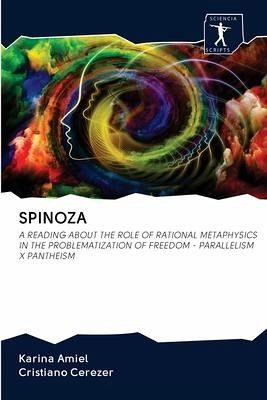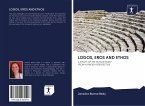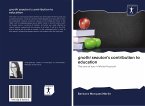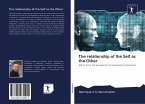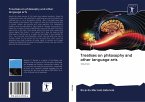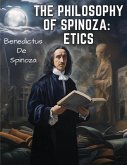The theme of freedom was present in the philosophical thought of the Dutch thinker Baruch Spinoza (1632- 1677), since his writing "A Brief Treatise on God, Man and His Well-Being", dated 1663, going through other works, such as the "Theological-Political Treatise" (1665) and his acclaimed book "Ethics" (1675), making up the structure of his ethical thought of joy. Supported by this, freedom, thinking as a "connecting thread" interlinks the whole spinozist philosophy, since it is based on a metaphysical-rational thought, through the conception of an immanentist God. From this point on, the proposed investigation of the present work dawns. In view of the themes of freedom and metaphysical-rational, this attempt aims to approach the possible ways of acting of the metaphysical-rational in spinozitic freedom, relating them through the definitions, elucidated by the philosopher himself, of God, man and freedom, since, for the philosopher, man is not free, but in a free will of predetermined choices, making him believe in a false perspective of freedom, deceiving him.
Hinweis: Dieser Artikel kann nur an eine deutsche Lieferadresse ausgeliefert werden.
Hinweis: Dieser Artikel kann nur an eine deutsche Lieferadresse ausgeliefert werden.

